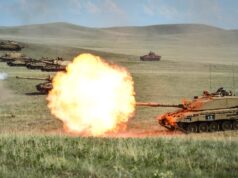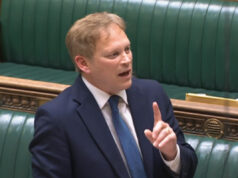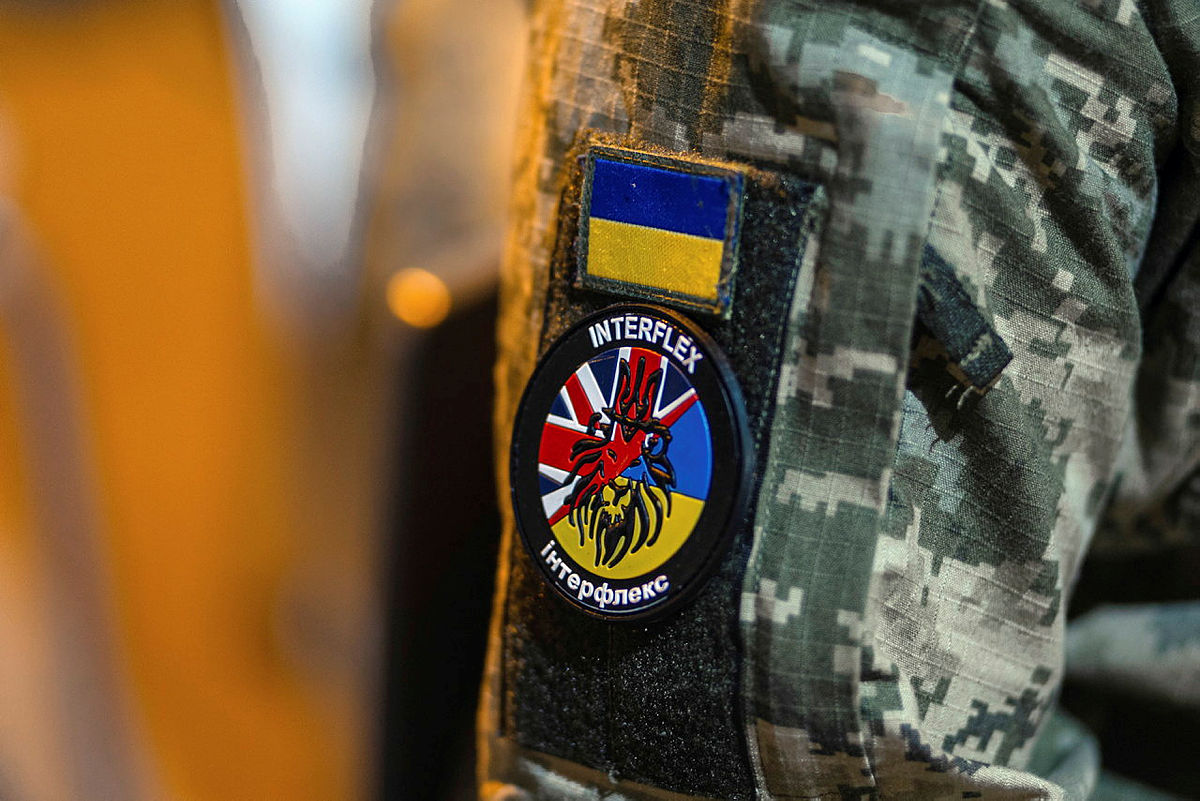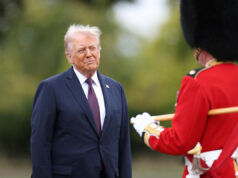The Armed Forces are an integral, and often under-rewarded, part of UK society.
The article was authored by Alex Le Vey, Director of Philanthropy and Veterans’ Health at King Edward VII’s Hospital.
The sacrifice all service personnel make for their country must entitle them to the highest possible quality of medical care, both during and after their service.
This principal has been central to King Edward VII’s Hospital and what it stands for since its establishment in 1899, when sisters Agnes and Fanny Keyser opened up their home to serve as a hospital to injured servicemen during the Second Boer War. Our commitment to providing outstanding healthcare to those both during and after a career in the military remains a priority for the hospital.
The Armed Forces Covenant, of which we are a proud signatory, states:
“Those who serve in the Armed Forces, whether Regular or Reserve, those who have served in the past, and their families, should face no disadvantage compared to other citizens in the provision of public and commercial services. Special consideration is appropriate in some cases, especially for those who have given most, such as the injured and the bereaved.”
And here at King Edward VII’s Hospital we are dedicated to putting these words into action. Every member of the Armed Forces, serving or veteran, as well as their spouses, civil partners or widows can rely on us for the support they need.
The Hospital’s support is coordinated via The Centre for Veterans’ Health. It consists of veteran specific services, medical grants and subsidies for current service personnel and veterans across the Armed Forces, including reserves, regardless of rank as well as their spouses, civil partners or widows.
Supporting the Armed Forces is in our DNA. All of our hand-picked Consultants agree to deliver one pro-bono procedure for a veteran each year and we also provide military subsidies and grants for healthcare. All those who have served without medical insurance are entitled to a 20% discount on their hospital bill regardless of their rank or length of service, and those without financial means are entitled to apply for a 100% means-tested grant.
Our ground-breaking, veteran-specific, Pain Management Programme, a group-based intervention delivered by a multi-disciplinary team of expert clinicians shares up-to-date information about pain science and offers practical strategies to help veterans manage their pain.
The involvement of a support network can also be helpful for the success of any treatment, and so including friends and relatives in the process is important. This is particularly true of veterans, who as we know can be hesitant to speak out about issues or ask for help. Loved ones are invited to be part of a veteran’s pain management programme and the aim is to help family and friends understand more about persistent pain, which can improve the effectiveness of the service.
The Pain Management Programme provides veterans with practical strategies to help them improve the quality of their lives alongside living with pain. A reduction in the intensity of the pain over time is not uncommon, although the primary goal is to help individuals engage in more meaningful activities and feel less controlled by their pain. For example, managing physical activity and mood, reviewing pain-related medications and helping veterans to understand their pain better helps the veteran to feel more confident in the day to day management of their pain with an improved quality of life. The impact on the wellbeing of our participants and the results speak for themselves. For example, 100% of those seeking employment felt more confident in doing so due to participation in the programme.
We have a proud history of supporting service personnel and veterans, it has been our way since 1899, but we know we can do more. Since 2015, we have supported over 500 veterans, but are eager to support 1000 by the end of 2023. To better support veterans and their spouses, partners and widows we have established a new Centre for Veterans’ Health Advisory Board, Chaired by Professor Martin Bricknell CB OStJ, former Surgeon General of the UK Armed Forces and who is now Professor in Conflict, Health and Military Medicine at King’s College London.
Over the coming years we want to develop new partnerships to reach more veterans with our current portfolio of services whilst also enabling us to design, pilot and roll-out new veteran specific services to ensure that all those who have served can always rely on us.














The armed forces covenant has been approved by H M The Queen, all we are waiting on is it to be enshrined in law by an act of Parliament. Its been a longtime coming.
I’d rather have a couple of dedicated mil hospitals than send servicemen to NHS hospitals where they face abuse I quote:
“”Safety concerns were underlined when a badly injured member of the Parachute Regiment, in combat uniform after being evacuated from the front line and unable to defend himself, was confronted by a Muslim at Selly Oak Hospital, Birmingham. “You have been killing my Muslim brothers in Afghanistan,” the man angrily told the soldier.””
Well the accuser can now take his wife and children over to live in the Nivarna state now his brothers have successfully repeled the invaders?
As for seperate military hospitals yes I whole heartedly agree, even if some of the specialist services are based elsewhere .Maybe thats something the government can consider with an increased defence budget…
A few years back I had to visit the mil wing at Peterbrough Hospital (Edith Cavel) regards a MRI for a trapped nerve. At checking in the nurse after taking my weight stated that i was obese. Standing back in amazement , I said look at me do I look fat. I run 5 miles three times a week , I gym it everyday, I do squadron PT twice a week , I do Karate 3 times a week. due to all of the above i was solid. her reply, thats what the chart says. A miltary nurse would have known the difference.
I’m with you on that one brother, the same happened to me. The Body Mass index was unexplainable. I had a mate who played command rugby and he had thighs the size of my waist and special v inserts stitched into his uniform trousers. Told he was obese and that it would affect his promotion unless he lost weight.
U-turns pretty much never happen in Defence.
Thanks Farouk for the reminder about this problem about soldiers being abused by certain anti-war civilians – I remember it being mentioned many years ago. Does ithis abuse still happen? I thought there was a military wing at Selly Oak, much as there is a military wing at Frimley Park hospital and there was one at Aldergrove hospital in Belfast. Military wings should keep civvies away.
I went out with a Red Cross welfare officer at the Cambridge Military Hospital (CMH) in Aldershot in 1979-80 – the lady has been my wife for over 40 years. I got to know that hospital very well. It always was very bogus, the reason for closing them down. It was said that the armed forces had shrunk and that reduced patient base reduced the justification for military hospitals. What no-one said, even RAMC senior officers, was that the UK-based hospitals treated huge numbers of local civilians too. All that was required was for the NHS to pay MoD for treatment of civvies at military hospitals.
Army hospitals? Oh dear – where to start?
I’ve had the please of working with defence medics at the old Selly Oak, the QE and most recently the John Radcliffe (surprised to see so many army medics at the JR). The only realistic way of staying competent and keeping skills fresh in peacetime is for the defence units to be attached to trauma centres like Birmingham
You mention a snide remark made by a muslim at Selly Oak – funny that. I saw a young paratrooper have his face put back together by a (civilian) muslim plastic surgeon at Selly Oak. There weren’t many burns specialists in the UK who could rival that surgeon’s skill at the time. Also lost count how many lads we sent down the road to the Royal Orthopaedic during 2008 for limb and spinal surgery where once again, they were often under the care of muslim consultants.